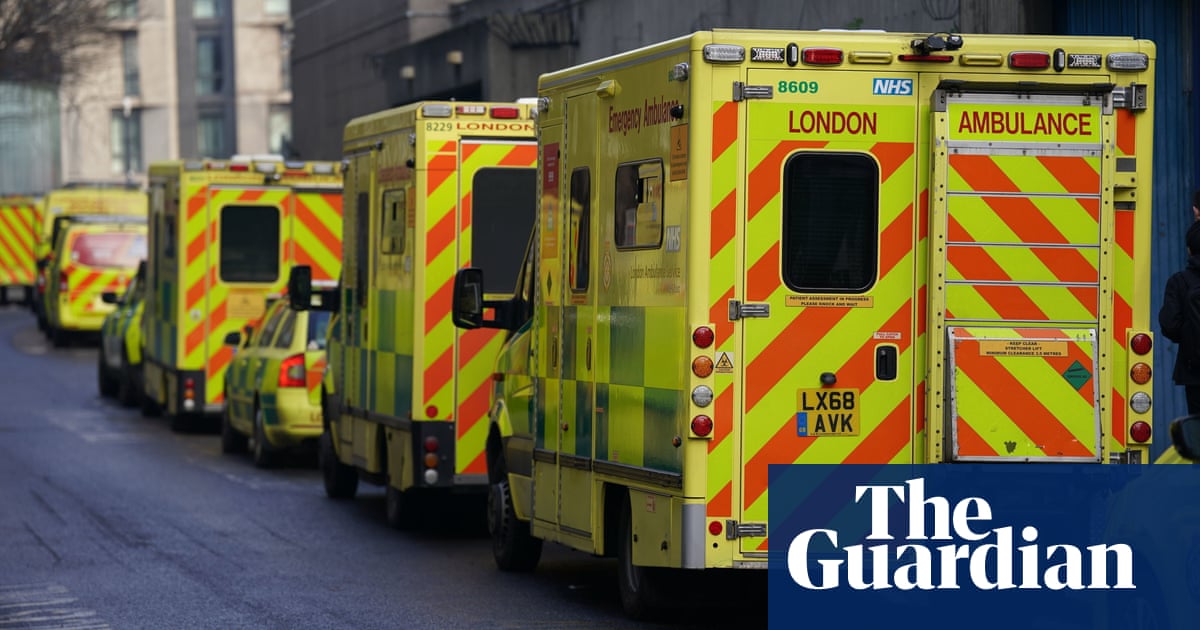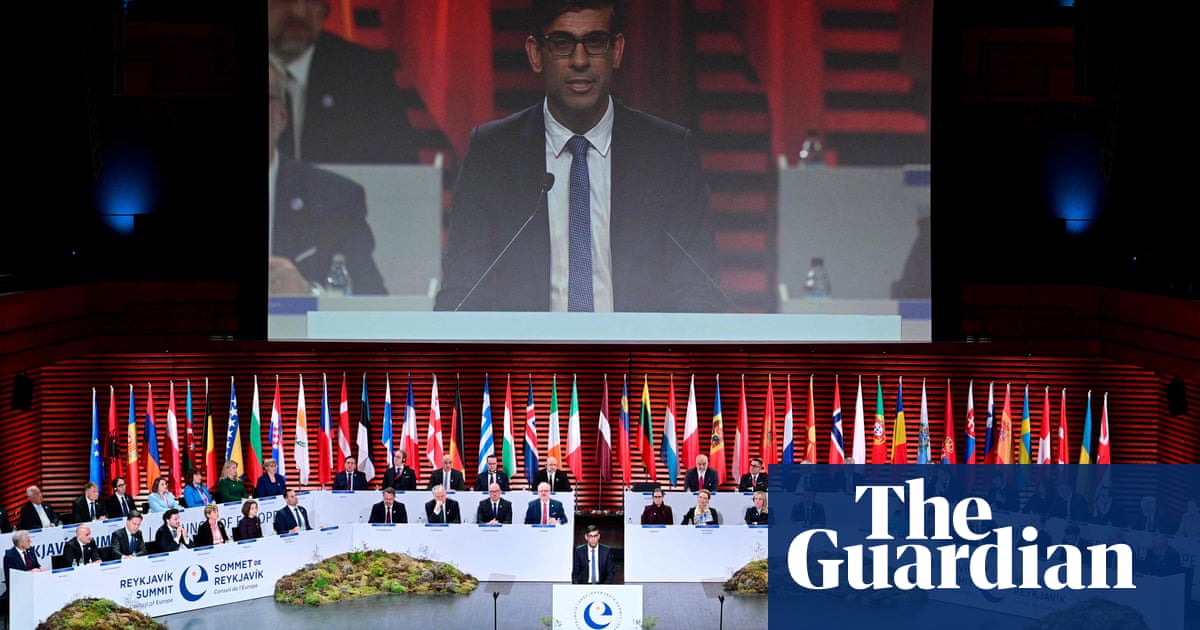
Rishi Sunak will tomorrow lay bare the government’s fears over the long-lasting impact of a looming winter surge in unemployment when he unveils a new £4.3bn package of support to help the jobless find work.
On the eve of the publication of the Treasury’s spending allocations for the coming year, the chancellor announced plans for a £2.9bn Restart scheme designed to aid a million workers with their job searches.
Sunak’s concern that the Covid-induced collapse in the economy will leave deep scars on the UK’s workforce was underlined by his decision to make funds available for the scheme for three years from 2021-2.
On top of Restart, the chancellor will provide a further £1.4bn to increase the capacity of Jobcentre Plus – the government’s support service for the unemployed.
Sunak will tell MPs that tens of billions of government spending on infrastructure projects will create and protect hundreds of thousands of jobs across the country.
But new forecasts from the independent Office for Budget Responsibility will show that the current four-week lockdown in England together with tougher autumn restrictions elsewhere in the UK have left the economy on course for its biggest contraction in three centuries and public borrowing unprecedented in peacetime.
As a result of the gloomier jobs outlook, Sunak has decided to expand his Kickstart job placement scheme for the under-25s, providing an additional £1.6bn on top of the original £2bn investment. The Treasury said the money would provide up to 250,000 government-subsidised jobs in 2021-2.
Other measures to boost employment will include the extension of the apprenticeship hiring incentive, which offers employers up to £2,000 for every new apprentice they hire, and a £375m package to support skills.
The chancellor is also expected to announce that the Ministry of Housing, Communities and Local Government will be relocated outside London.
Sunak said: “My number one priority is to protect jobs and livelihoods across the UK.
“This spending review will ensure hundreds of thousands of jobs are supported and protected in the acute phase of this crisis and beyond with a multibillion package of investment to ensure that no one is left without hope or opportunity.”
Matthew Fell, the CBI’s UK chief policy director, said: “The scarring effects of long-term unemployment are all too real, so the sooner more people can get back into work the better.”
Plans for a budget and a three-year spending plan were abandoned as it became clear that a second wave of the pandemic would bring an end to a summer economic recovery. The one-year spending round will be the latest in a series of mini-budgets since the summer designed to shield individuals and businesses from decisions that have seen large chunks of the economy closed or restricted in order to promote social distancing.
Sunak will tell the Commons that the government has spent unprecedented sums since March – including paying the wages of 9.6 million workers who were furloughed and the 2.5 million self-employed people who were eligible for state support.
He will also insist that extra money for the NHS and other Whitehall departments, together with the increase in capital spending, shows that there is no intention to return to austerity.
But, with the OBR set to forecast a budget deficit this year in excess of £350bn, the chancellor will use a public sector pay freeze to signal the need eventually to rein in spending and reduce borrowing.
Anneliese Dodds, the shadow chancellor, said: “The chancellor’s irresponsible choices this year have wasted billions, have left us with the worst economic downturn in the G7 and pushed hundreds of thousands into unemployment.
“We now need a relentless focus on jobs and growth, and responsible choices to get the economy back on its feet again.”












